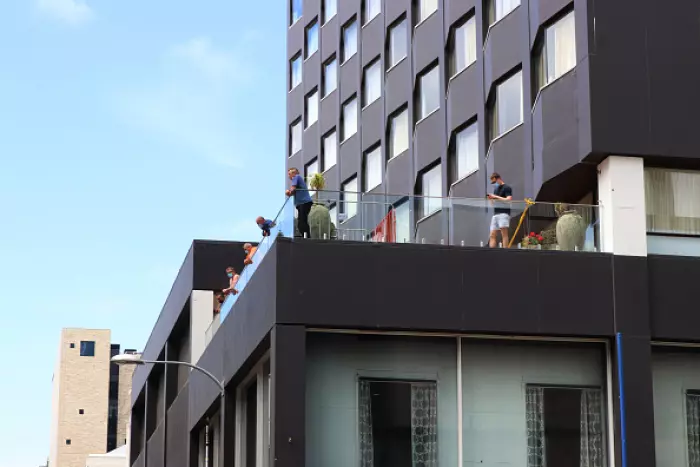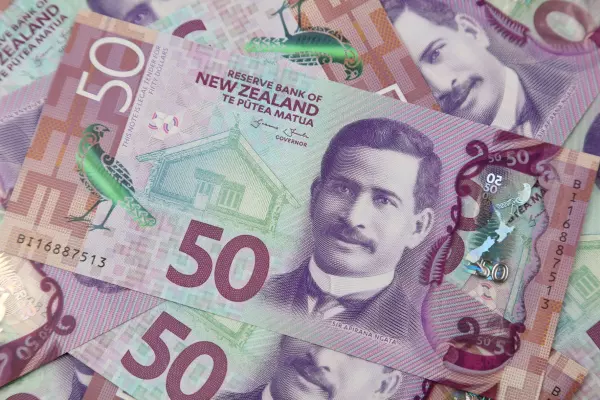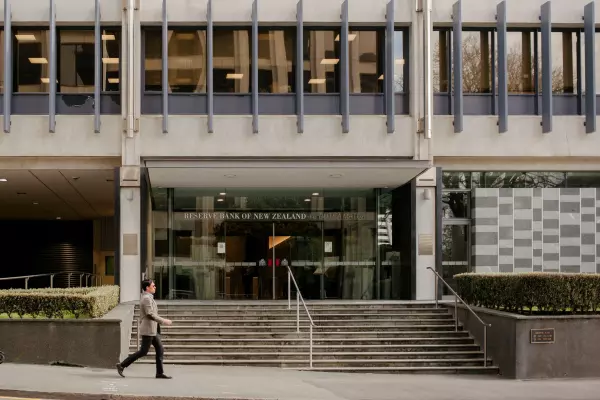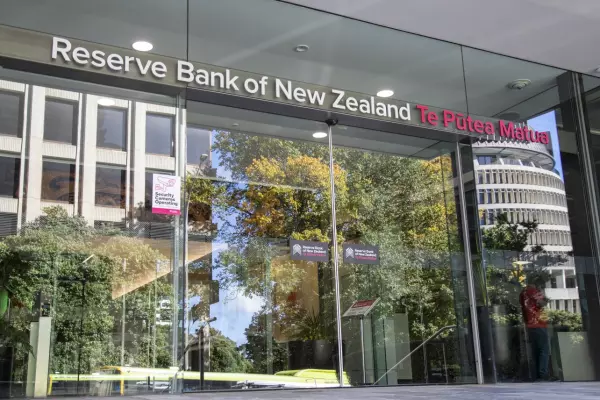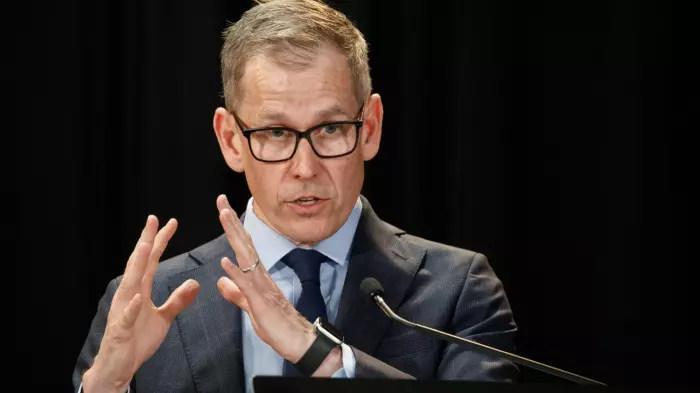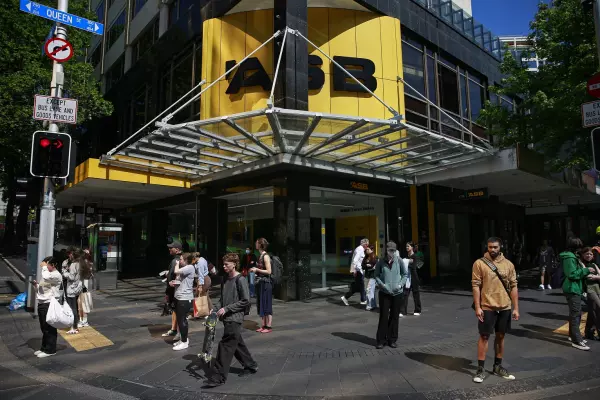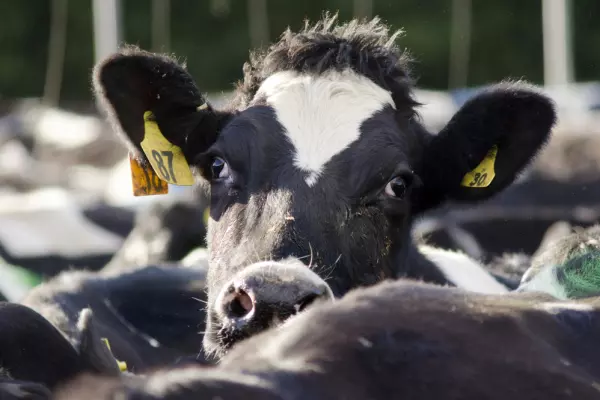Summary: PM Jacinda Ardern is expected to announce later this morning that New Zealanders will be able to return home from Australia without having to stay in MIQ from March 1. Two news outlets understand the previous plan to reopen at the end of February will be confirmed, despite rising omicron cases and the possibility of a hospital-straining outbreak by early March.
Border news due Prime minister Jacinda Ardern is scheduled to give a major speech on the future of border controls and MIQ at 11am in Auckland today, including whether New Zealanders returning from Australia will be able to self-isolate at home instead of MIQ from the end of February, as is the current plan. The NZ Herald reports it understands the government will go ahead with a reopening from Monday, March 1, as does Newshub. The speech comes the day after the government shortened the gap needed for a booster from four months to three months, which increases the number eligible for the booster by 1 million to 3.06 million by the end of this weekend.
‘March out’ US President Joe Biden formally ordered the deployment of 3,000 US troops to Poland, Germany and Romania overnight, ratcheting up tension in the standoff between the US and Russia over fears Russia will invade the former Soviet state. Russian President Vladimir Putin accused the United States and Nato of trying to draw Russia into a war. (CNN)
Euroflation The European Union’s annual inflation rate hit a record-high 5.1% in January, which was above market expectations for 4.4% and ramps up the pressure on the European Central Bank to say later tonight how it will deal with inflation, given it is still printing money with interest rates at near zero percent. Energy prices for consumers rose 28.6% from a year ago, in part because of gas shortages linked to restraints on Russian supplies, Germany’s move to shut down nuclear power stations and a widespread push to stop burning coal to generate electricity.
Euro rate hikes coming The Bank of England is expected to hike its main cash rate for a second time tonight as it joins the US Federal Reserve in taking a more hawkish approach to inflation. The ECB is only expected to confirm it will continue winding down its money printing, although market expectations for its first hike have been brought forward to the December quarter of this year from early next year. Markets now see two hikes of 10-15 basis points each in the ECB’s key deposit rate from minus 0.5% to minus 0.25%. Yes. You read that right. Minus 0.25%.
Tech strength The Nasdaq extended its rally overnight on strong results from Google’s parent, Alphabet, and chipmaker AMD, while PayPal shares fell after it warned it expected consumers to spend less freely online. (Reuters)
Zuckered CNN boss Jeff Zucker resigned overnight after failing to disclose a romantic relationship with a colleague. It was discovered during an investigation into presenter Chris Cuomo’s involvement in his brother Andrew Cuomo’s political defence. (CNN)
When splitting is good The share price of Google parent Alphabet surged 11% this morning after it announced a 20-for-one stock split to make them more accessible to retail investors. It also reported strong results and its market value edged up towards the US$2 trillion club where Apple and Microsoft already sit. Alphabet’s shares closed on Tuesday at US$2,753 each, which means a stock split would take them to about US$138 each before the latest 11% rise. (CNN)
Fresh on BusinessDesk this morning
Peter Griffin writes his weekly column about a group of ageing rock stars who may be able to fix the problems with NFTs.
Ian Llewellyn writes about whether the pumped hydro battery scheme at Lake Onslow could be privately owned.


